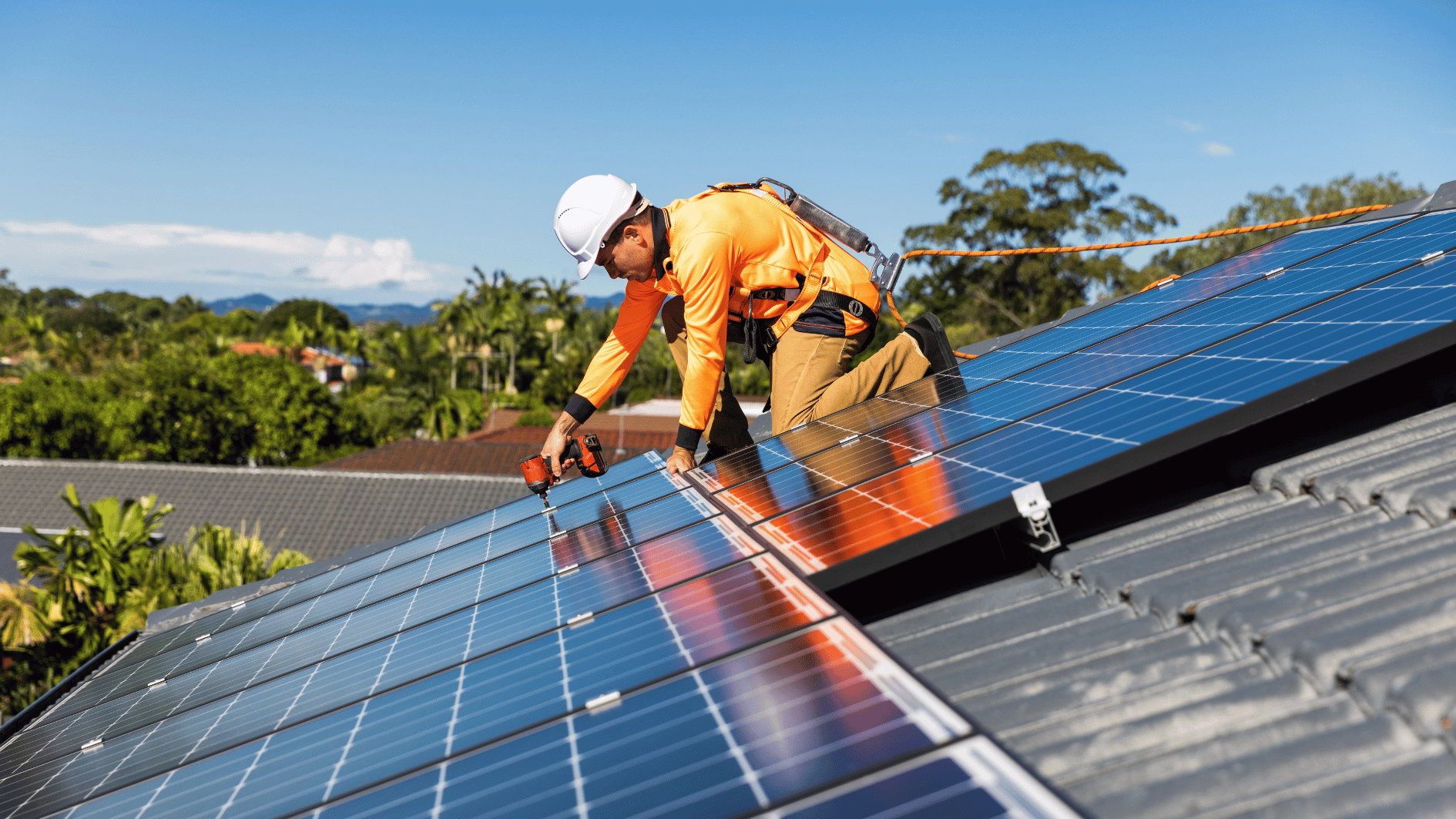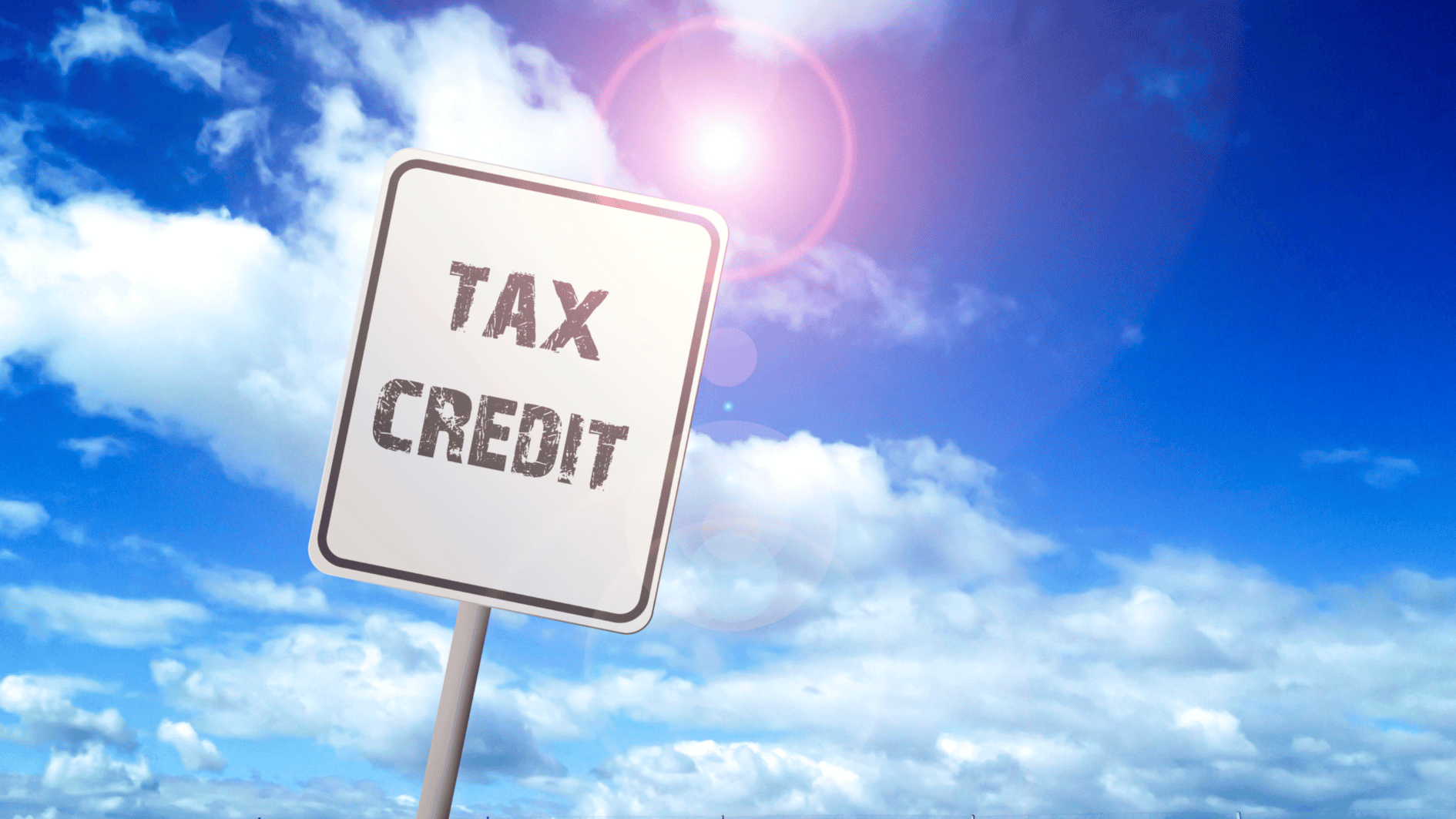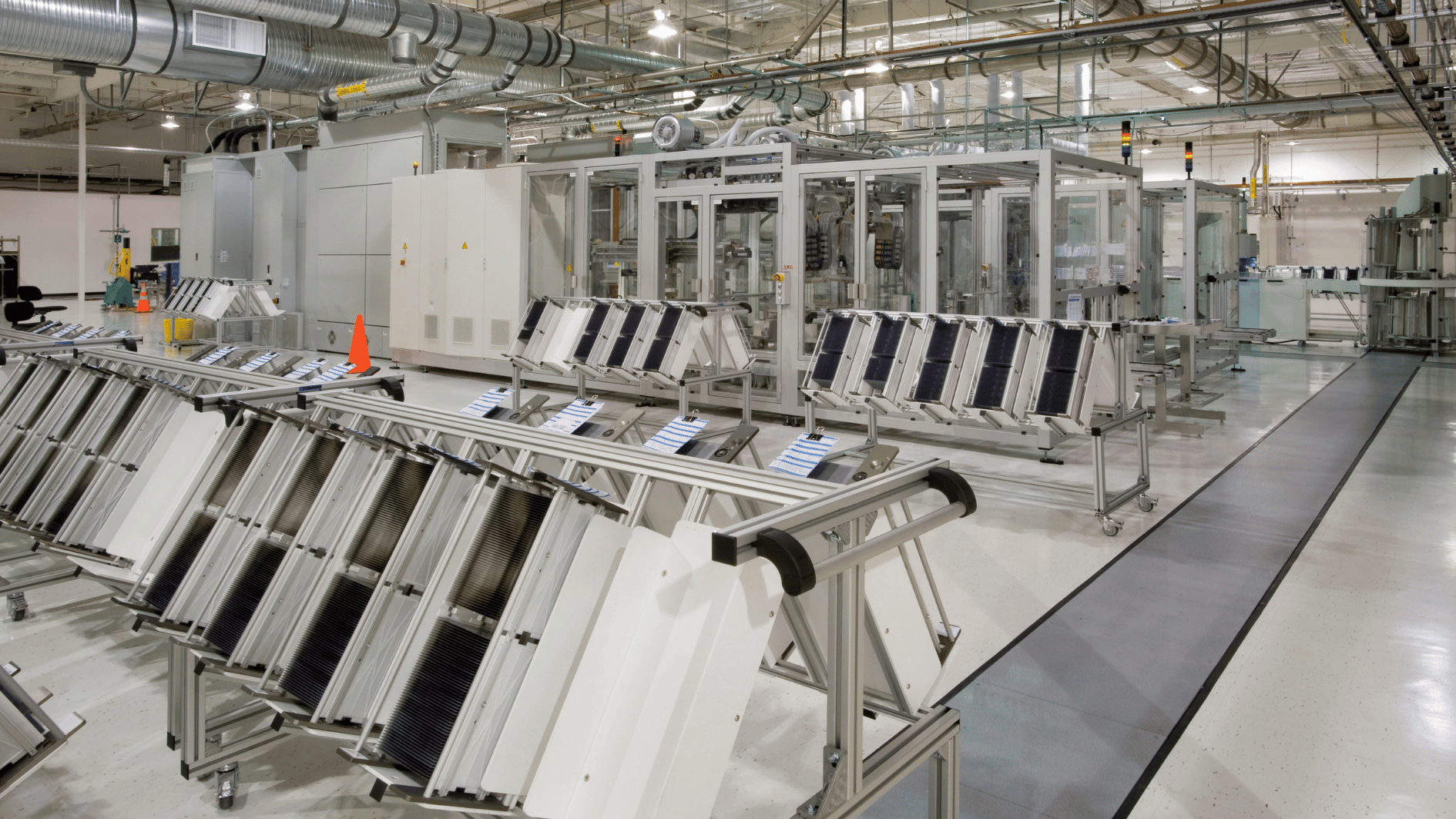News Tags: Incentives and rebates
Renewable energy market holds strong amid policy shifts and rising demand
The renewable energy sector continues to expand, despite policy uncertainty under the Trump administration.
EPA Restores $7 Billion ‘Solar for All’ Grants After Temporary Freeze
The EPA has reinstated the $7 billion Solar for All grant program, allowing funds to support low-income and disadvantaged communities in accessing solar energy.
Rising electricity prices: the cost of repealing clean energy incentives
Homeowners and businesses could see electricity bills surge as Congress debates cutting clean energy tax credits that have helped keep energy costs stable.
Time running out: Clean Energy Tax Credits at risk as Congress debates repeal
Millions of Americans can still benefit from federal clean energy tax credits – but a proposed bill could put these savings at risk. Here’s how to take advantage while they…
U.S. solar manufacturing booms, but federal incentives face uncertainty
The U.S. solar manufacturing sector has surged to record levels, but its continued growth remains uncertain as federal incentives that fueled the expansion face potential policy changes in Washington.
Washington lawmakers introduce community solar bill to expand clean energy access
With one in five Washington households spending over 10% of their income on energy, advocates are urging swift legislative action.
Shifting U.S. Energy Policy: What It Means for Solar in 2025
As federal policies shift, the future of solar energy in the U.S. hinges on key regulatory and funding decisions that could reshape incentives, investments, and the clean energy landscape.
Michigan continues to lead in clean energy growth amid policy uncertainty
As Michigan continues to lead in clean energy expansion, the long-term stability of these projects will depend on federal policy decisions and the evolving landscape of the clean energy economy.
Coalition of attorneys general urges Congress to safeguard Inflation Reduction Act investments
The coalition highlighted the extraordinary promise of the IRA in supporting an equitable transition to a clean-energy economy while driving historic reinvestments in jobs and infrastructure.
States expand solar access for low-income families in 2025
As solar technology continues to become more affordable and accessible, the momentum for its adoption is expected to grow.
Need help choosing a solution for you?
Just create an application, and we’ll help with the selection.











